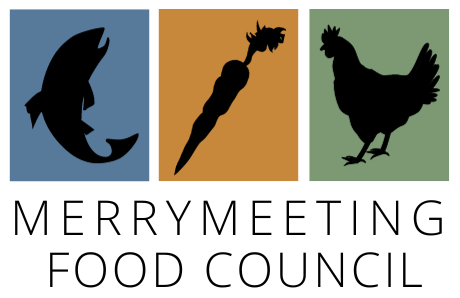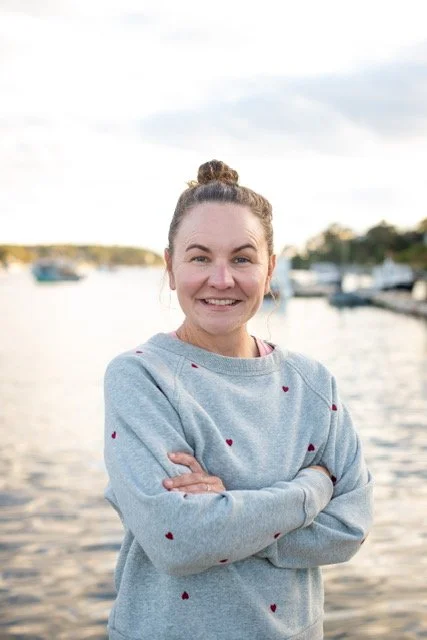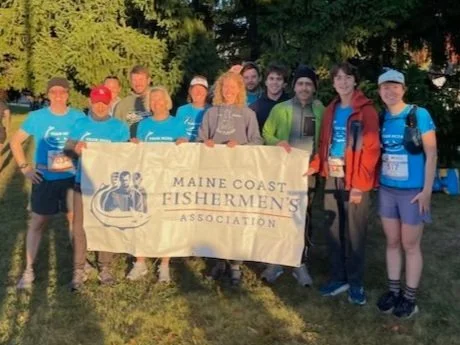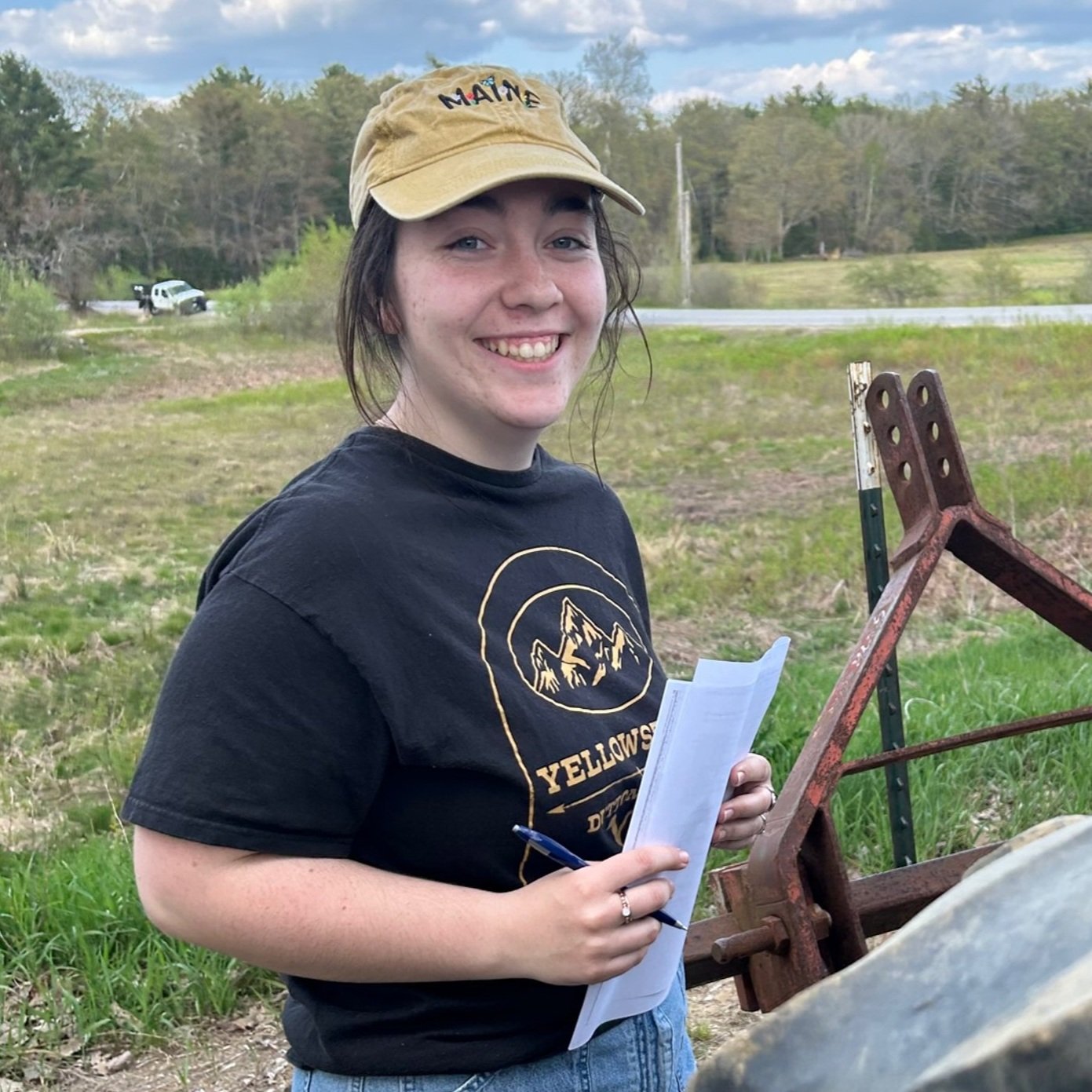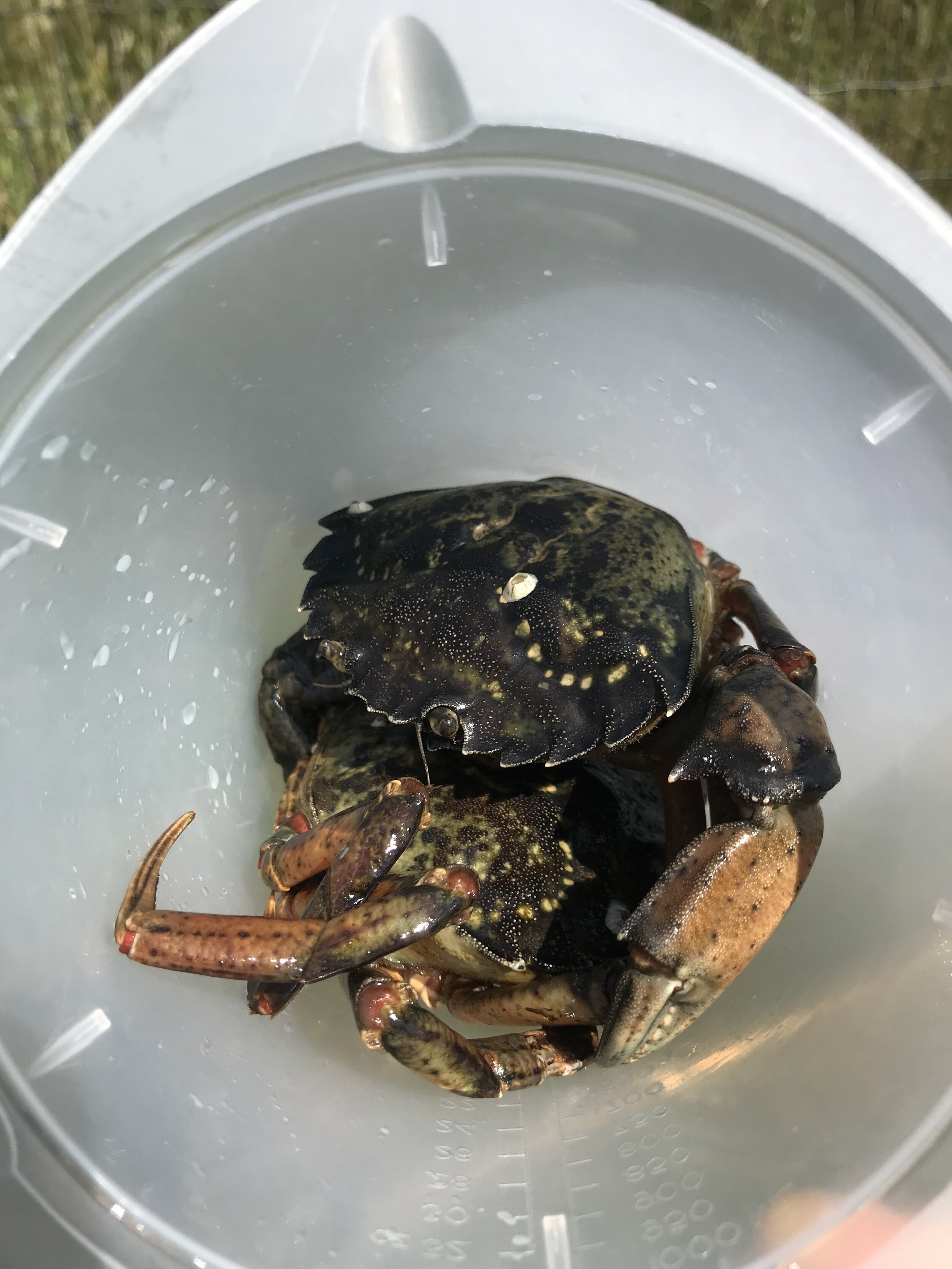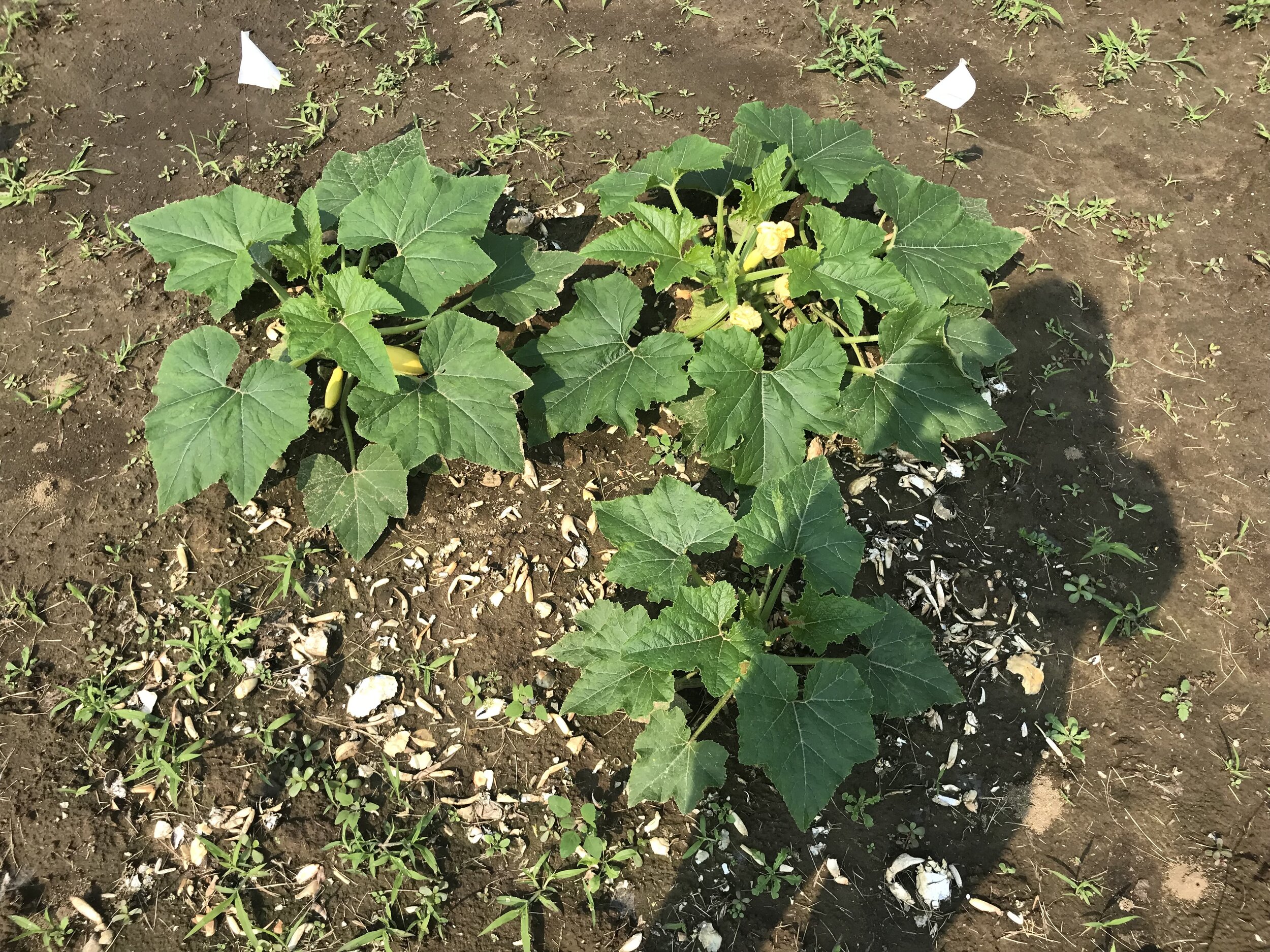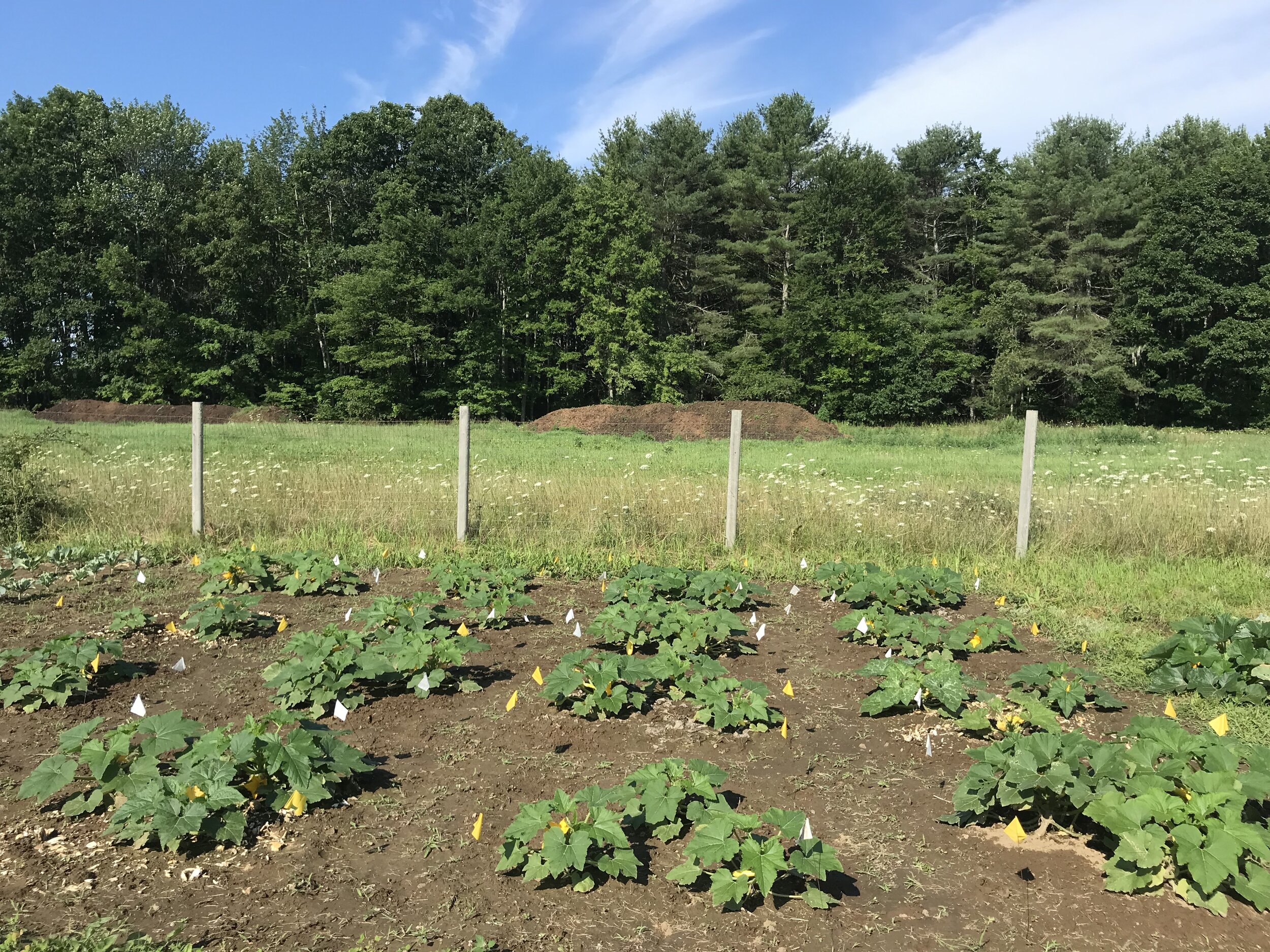Monique Coombs + Maine Coast Fishermen’s Association bringing working waterfront communities together
Monique Coombs works as Director of Community Programs at Maine Coast Fishermen’s Association. She is a former MFC Steering Committee member and is the wife and mother of commercial fishermen.
1. Can you describe some of the ways that you and MFCA are helping to bring people together and strengthen the fishing community?
Monique Coombs, Director of Community Programs at MCFA
MCFA works to bring people together in a few different ways. For example, as I write this, some of our board members, colleagues, and seafood lovers are on a team that is running the Maine Marathon. The team, "Team MCFA" is running to support our Fishermen Wellness program that advocates to better support the health and well-being of commercial fishermen while also creating opportunities for fishermen to more easily access the resources they need. We also have a cool program called Fishermen Feeding Mainers where we are able to purchase seafood from local fishermen, work with local processors to fillet the fish, and get the fish to local schools and food pantries. Consumers can also help support this program by purchasing MCFA's Maine Coast Monkfish Stew or Smoked Pollock dip. We think that sharing seafood with everyone is a great way to connect fishermen and the community at large. MCFA has also hosted a series of informal conversational panels in an effort to foster a sense of shared values around the working waterfront in several coastal communities
2. How can people engage with the work you are doing?
We encourage people to sign up for our newsletter. Through our newsletter people can learn more about what's going on in the fishing industry, events including panels as well as celebrations, and even how to volunteer (or run the Maine Marathon with us!). [Note: the most recent MCFA newsletter included this article on working waterfront gentrification that Monique wrote for Maine Policy Review.]
3. What do you think are the biggest strengths of the fishing community in this area?
Fishermen are the most resilient people I know, and that extends to the broader fishing community. Fishermen live with daily uncertainty, risk, and discomfort. The ability to persevere through challenges and discomfort is what allows someone to build resiliency. Fishermen love what they do and they love being on the water, so they are dedicated to overcoming any challenge that might prevent them from continuing to pursue that passion. They may not realize it because they are just doing what they know how to do, but I think they excel at resiliency in a way that most people fall short of.
4. What’s one other group in the fishing community doing relationship-building work?
I love the work that the New England Young Fishermen's Alliance is doing to connect young fishermen to both the industry and the community. NEYFA staff, Andrea and Bella, are such wonderful, caring, passionate, and smart humans that are creating opportunities for the next generation of fishermen to thrive, and we need that now more than ever.
